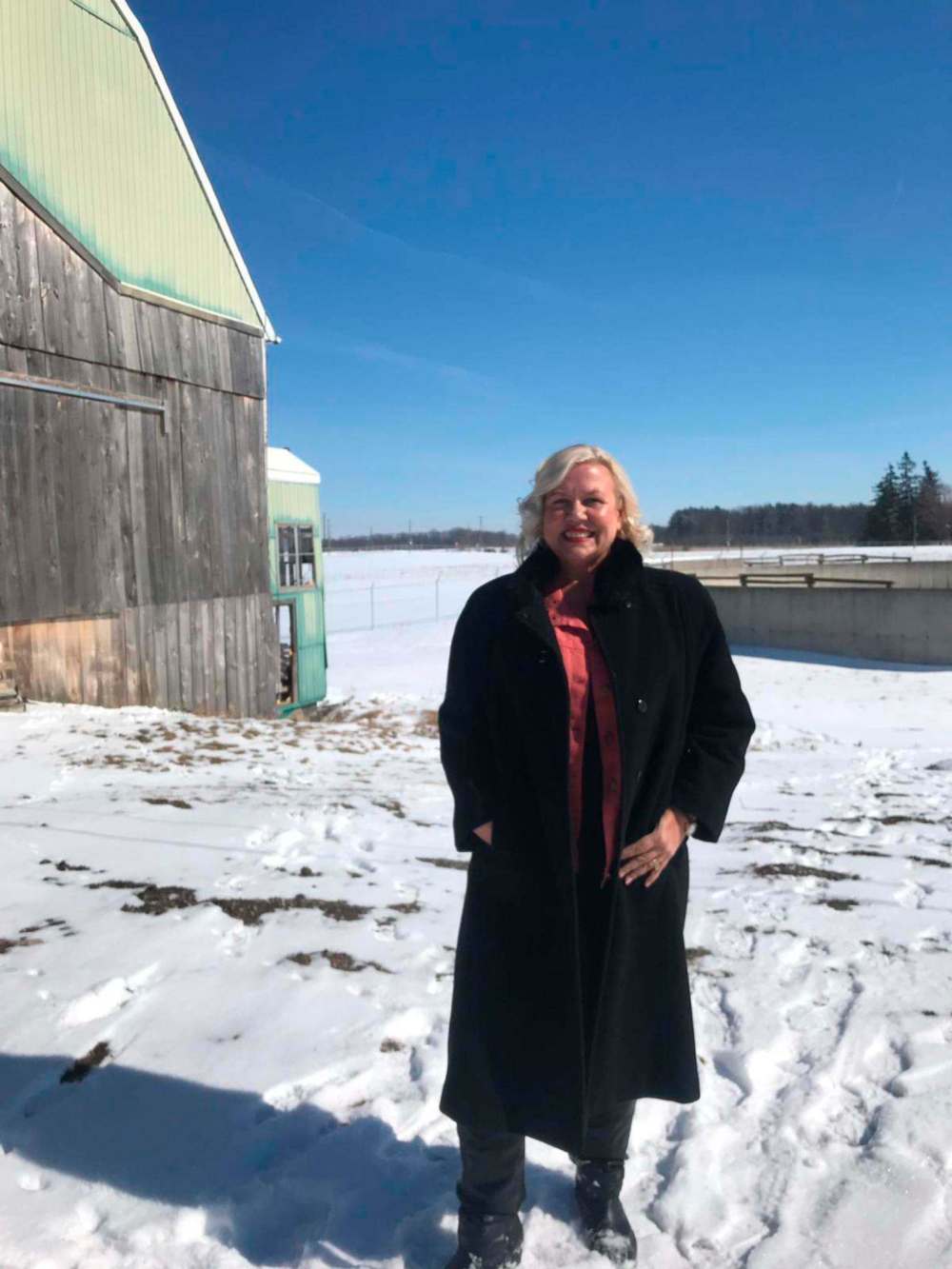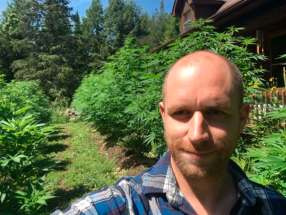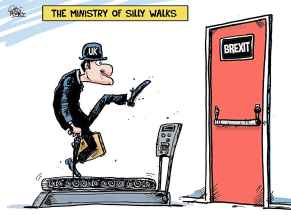Legal outdoor cannabis poised to hit Canadian market Health Canada processing at least 172 licence applications with an outdoor area
Read this article for free:
or
Already have an account? Log in here »
To continue reading, please subscribe:
Monthly Digital Subscription
$1 per week for 24 weeks*
- Enjoy unlimited reading on winnipegfreepress.com
- Read the E-Edition, our digital replica newspaper
- Access News Break, our award-winning app
- Play interactive puzzles
*Billed as $4 plus GST every four weeks. Offer only available to new and qualified returning subscribers. Cancel any time.
Read unlimited articles for free today:
or
Already have an account? Log in here »
Hey there, time traveller!
This article was published 28/02/2019 (2196 days ago), so information in it may no longer be current.
Legal, commercial outdoor cannabis farms are coming to Canada, possibly as soon as this year.
So far, not a single Canadian cannabis company has received a government licence to cultivate outdoors, according to information provided by Health Canada.
But as of January 31, the federal cannabis regulator was processing 172 cannabis cultivation licence applications that included an outdoor area. (Not all of those outdoor areas will necessarily be used for cultivation, explained Health Canada spokeswoman Tammy Jarbeau — they could also be used for other activities like destruction of plants or composting.)

In theory, outdoor cultivation of cannabis could offer significant cost advantages over expensive indoor facilities, which might help explain why some of the industry’s biggest players, who have invested heavily in indoor cultivation facilities, lobbied unsuccessfully to ban outdoor growing last year.
Jeanette VanderMarel, co-CEO of 48North Cannabis Corp., hopes her company’s outdoor cannabis farm near Brantford, Ont. will be licensed in time for this year’s spring growing season. VanderMarel expects the wholesale price of cannabis to drop significantly as more producers come online, so keeping production costs low is important. But the other big advantage of outdoor cultivation is environmental sustainability, she said.
“The cannabis industry is very detrimental on the environment in general,” said VanderMarel.
“But this is organic, sustainable agriculture that’s actually carbon negative. We’re actually reducing our carbon footprint to nothing.”
Cannabis farmer Mark Spear says reduced electricity consumption is a key benefit of an outdoor cannabis operation. He’s founder and CEO of Burnstown Farms Cannabis Company in the Ottawa Valley, which is also waiting for its cultivation licence from Health Canada.
“It really clicked for me when I saw a power bill for one of these very large indoor operations,” he said.
“I mean, it’s staggering how much it costs to produce cannabis indoors… I would argue that a fraction of the producers are producing anything indoors that can’t be done outdoors. The vast majority of it could easily be done outdoors.”
Both Spear and VanderMarel think environmental sustainability could eventually serve as a selling point for their crops.
“I mean, millennials in particular are willing to pay more money for an environmentally and socially responsible product,” said Spear, who describes the future product from Burnstown Farms’ initial ten acre plot as “small-scale, small-batch,” and high-quality.
“There seems to be this perception that all outdoor is the same,” added Spear.

“Absolutely not true. It’s just like indoor or greenhouse — you can grow terrible stuff, or you can grow top-shelf stuff that very few people, if anybody, would be able to distinguish between outdoor and good-quality indoor.”
VanderMarel sees large-scale outdoor cannabis production as one possible answer to Canada’s legal cannabis supply issues.
“So far we’ve seen that the (licensed producers) have had trouble ramping up, or meeting their projected yield and capacities,” she said.
“An indoor grow is very tough to manage. There’s a lot of variables, and it takes a long time to get it dialed in and tuned in right… Outdoor grow is really going to be the solution to this problem.”
The 100-acre 48North farm in Brantford will grow as many as 200,000 cannabis plants, said VanderMarel. That could yield at least 40,000 kilograms of cannabis annually, and 48North has already found a buyer for some of it — the company just announced a deal to supply Quebec’s provincial cannabis retailer with 1,200 kilograms a year. Ninety per cent of 48North’s outdoor crop will be reserved for processing into value-added cannabis extract products like topicals and oils for vape pens, VanderMarel said.
But getting product to market requires successful harvests, and outdoor cannabis growing risks exposure to extreme weather conditions.
“It changes from year to year,” said Mark Spear of Burnstown Farms Cannabis.
“I mean, there could be a freak weather event that makes one year a terrible grow season, and then next year maybe it’s perfect and you get 30 per cent more yield.”
Spear said Burnstown is partnering with other outdoor growers in other areas to help spread that risk around.

At the end of the day, VanderMarel said southern Ontario and parts of southern B.C. are both fantastic places to grow marijuana outside.
“Obviously, the plant’s grown outdoors for tens of thousands of years very well,” she said.
“It only moved indoors because it (was) illegal.”
According to Health Canada, 66 of the 172 outdoor cannabis licence applications being processed as of January 31 were for sites in Ontario. Another 46 applications for outdoor sites came from British Columbia, followed by Quebec (25 applications) and Alberta (13 applications).
solomon.israel@theleafnews.com
@sol_israel
History
Updated on Thursday, February 28, 2019 5:02 PM CST: Clarifies first quote from Mark Spear.









